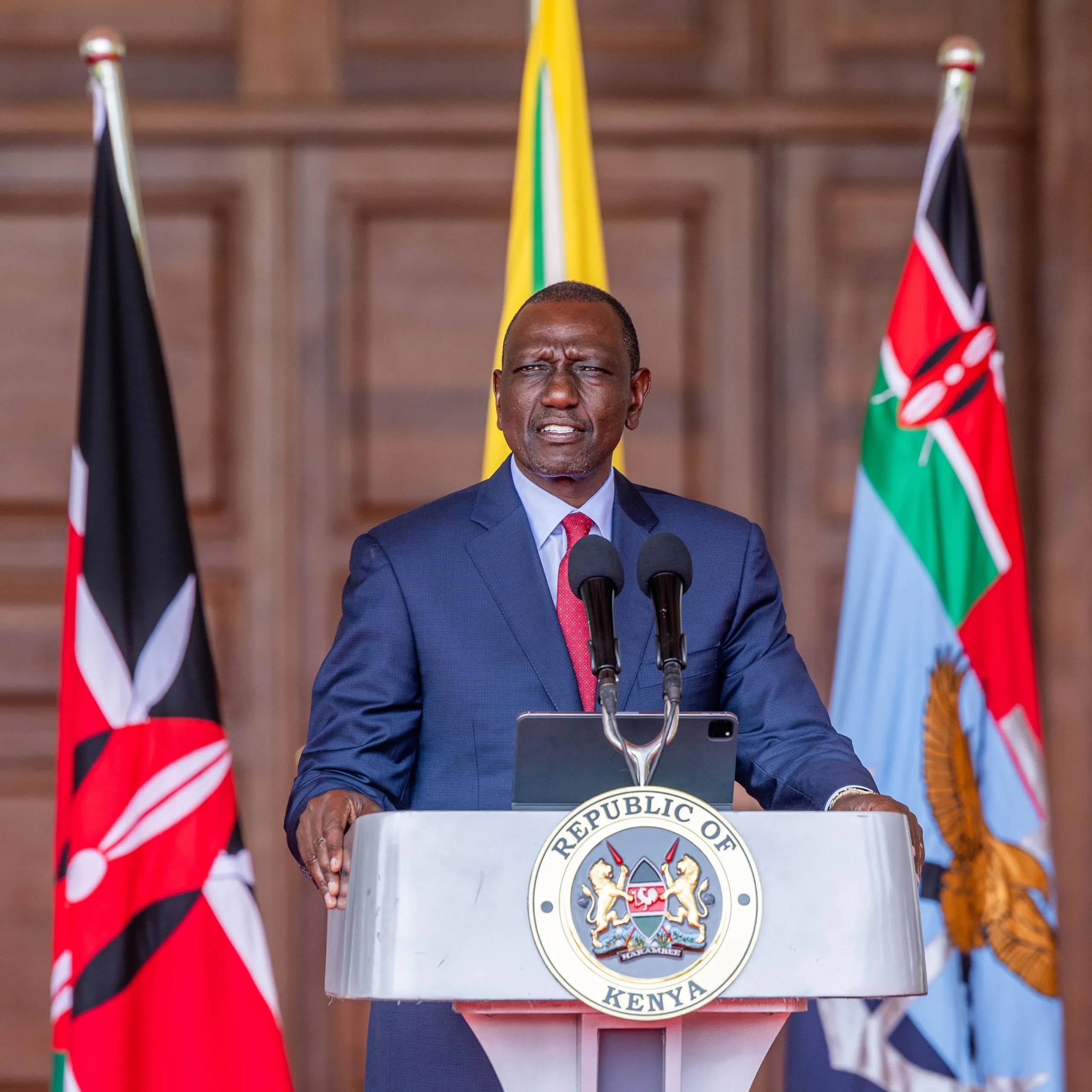President William Ruto has spoken out regarding the tragic death of Albert Ojwang while in police custody, calling for a thorough and transparent investigation into the incident.
In a statement delivered by State House Spokesperson Hussein Mohamed, Ruto directed the National Police Service (NPS) to cooperate fully with the Independent Policing Oversight Authority (IPOA) in uncovering the circumstances surrounding Ojwang’s death.
“I urge the National Police Service to extend its full cooperation to the Independent Policing Oversight Authority and take every necessary measure to ensure a swift, transparent, and credible investigation into Ojwang’s passing,”Ruto stated.
Acknowledging public concern, the President emphasized the importance of allowing due process to take its course.
“As we mourn his loss, let us patiently yet vigilantly follow the progress of the investigation, avoiding premature judgments or conclusions that may compromise the integrity of the process,” he added.
Additionally, Ruto underscored his expectation that relevant agencies provide a comprehensive report detailing the incident and the actions taken in response.
“I fully expect that the truth of what transpired will be established in due time, and that justice will prevail,” he affirmed.
Beyond seeking accountability, the Head of State issued a stern reminder to the police regarding their duty to protect individuals in custody. He emphasized that ensuring detainees’ safety is a fundamental obligation of law enforcement.
“Every member of the National Police Service must recognize that taking a person into custody comes with an immense responsibility for their safety, security, and well-being. This duty must be upheld with unwavering diligence,”Ruto asserted.
Reflecting on his earlier decision to grant financial and institutional autonomy to the police force, Ruto reiterated that the reform aimed to enhance professionalism, efficiency, and accountability within law enforcement.
He stressed that the service must rise to the challenge of maintaining law and order while also eliminating misconduct and unprofessional behavior within its ranks.


COMMENTS